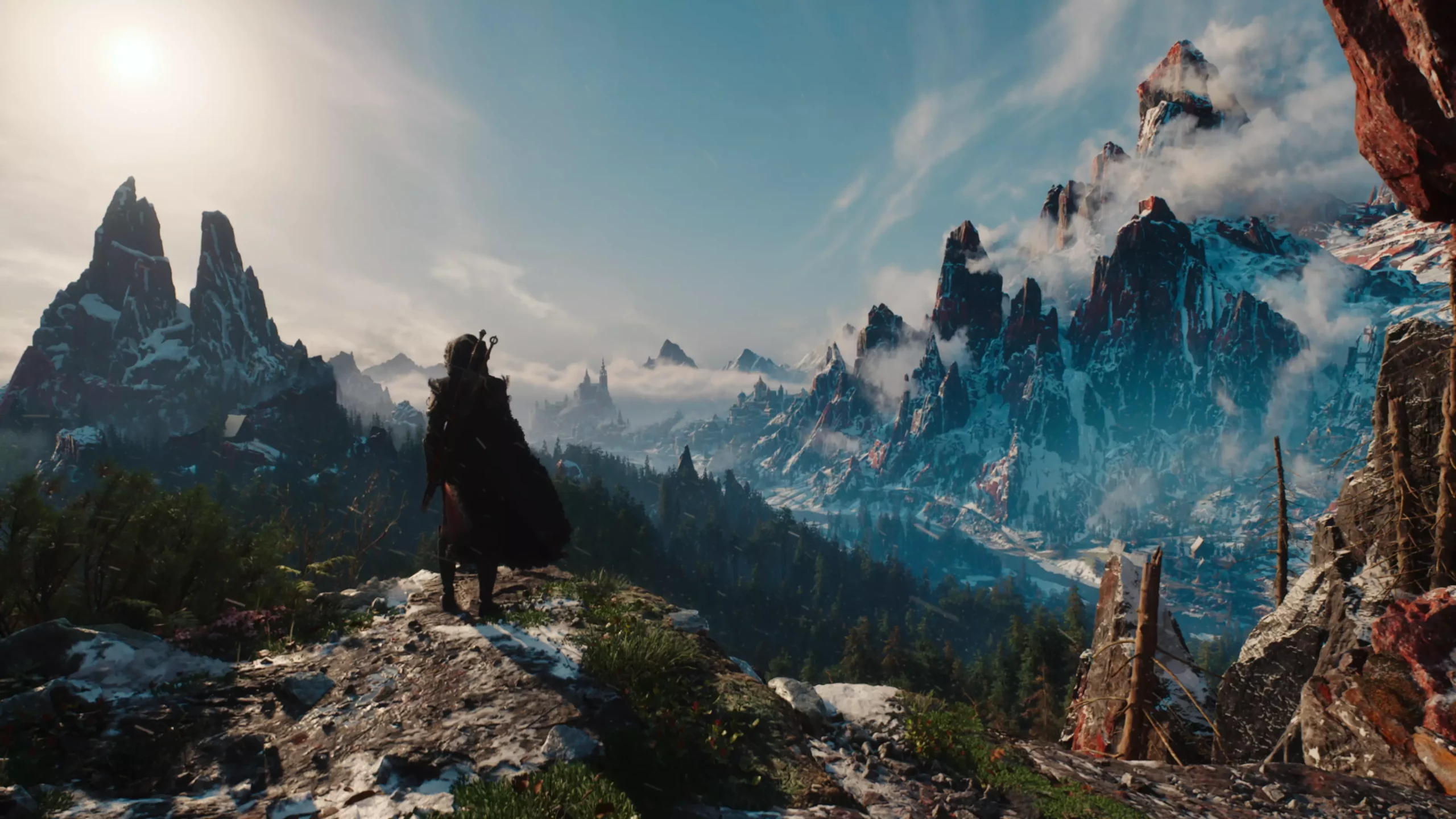The gaming landscape is often a battlefield where anticipation runs high, and expectations can lead to disillusionment. The recent insights from CD Projekt Red regarding The Witcher 4 highlight this dilemma vividly. As players salivate over technological demonstrations, it becomes crucial for both developers and gamers to recognize the divide between a tech demo and the final product. Jan Hermanowicz, the engineering production manager, has ardently stressed that the recent showcase during the State of Unreal is indeed a tech demonstration and should not be confused with gameplay. This distinction is not just a semantic nuance but a fundamental aspect that can impact the reception of the game.
A tech demo typically serves a specific purpose: to showcase the capabilities of a game engine, to highlight technology, and to set up visual expectations. However, it is disheartening when fans conflate this with confirmed gameplay—a common pitfall in modern gaming culture. Hermanowicz makes a compelling case for clarity, indicating that the visuals presented may not directly translate into the final build. Given the technological advancements and the early stages of development, the artistic vision may evolve, and certain assets may cease to exist in their demo form altogether. This reality check is critical, as it cultivates a more tempered set of expectations among the fervent fanbase.
Lessons from the Past
The importance of transparency in game development cannot be overstated, especially in light of CD Projekt’s tumultuous history with the launch of Cyberpunk 2077. The studio’s infamous missteps, revolving around lofty promises that fell short, serve as a poignant reminder of the consequences of failing to manage fan expectations. Hermanowicz’s acknowledgment of past mistakes is not just a corporate statement but a cultural shift in how the company intends to communicate with its audience. The lessons learned from Cyberpunk 2077 are shaping the development philosophy of The Witcher 4, as CD Projekt navigates through a landscape rife with skepticism and impatience.
The transparency initiative is commendable; however, it raises an essential question: is this enough to rebuild trust? As CD Projekt works to clarify the nuances between tech demos and actual gameplay, they also knead through the emotional scars left on an eager audience. The studio must tread cautiously, addressing the disappointments of the past while simultaneously kindling excitement for future offerings without misrepresentation.
The Art of Communication
Despite the earnest efforts of the development team, conveying an accurate message can be extraordinarily challenging in today’s media landscape. The rise of online communities means that opinions can amplify misunderstandings, often spiraling into exaggerated narratives that cloud the truth. Hermanowicz pointedly remarks on this issue, where merely showcasing a tech demo played on a PS5 might inadvertently mislead viewers into perceiving it as the finished product. The anxiety surrounding perceptions in an age of instant communication highlights the delicate balance that developers must maintain.
This phenomenon becomes painfully evident when contrasting the excitement around The Witcher 4 with the haunting shadow of The Witcher 3’s original marketing. Fans are not merely passive observers; they are deeply invested, and the discrepancies between what was promised and what was delivered can forge a rift between developer and player. The emotional weight behind their feedback cannot be dismissed; it speaks volumes about the aspirations of a community that desires honesty and clarity.
As CD Projekt Red embarks on the ambitious journey of developing The Witcher 4, it must embrace both its technological aspirations and the historical context that frames its narrative. The careful navigation of expectations and transparency cannot be mere slogans but should be fundamental principles shaping the interactions between developers and their audience. Ultimately, while the journey is fraught with challenges, it also holds the potential for innovation, growth, and a renewed sense of trust. The Witcher franchise, with its rich tapestry of storytelling and character development, deserves the space to evolve, and with careful management, so too can the relationship between studio and fan.


Leave a Reply